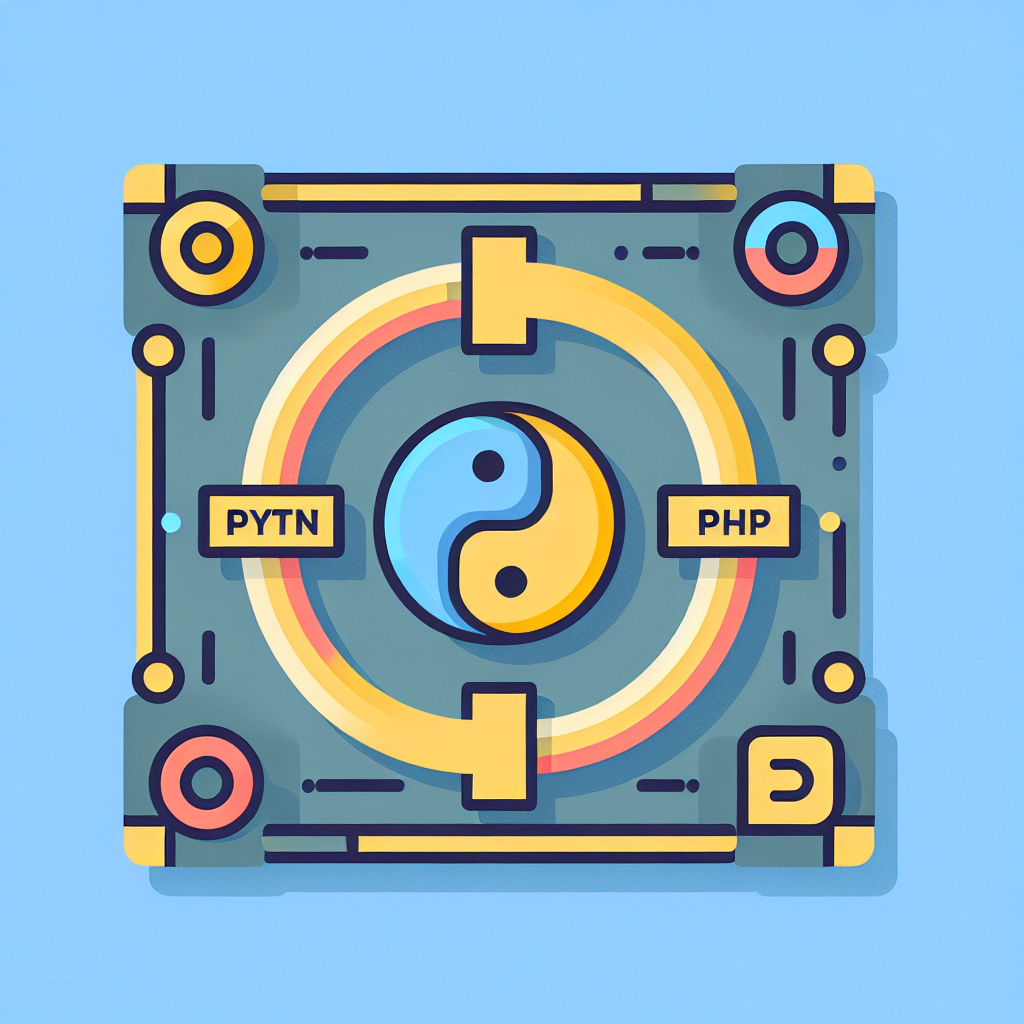Convert Python to PHP Code Instantly Online Free Tool
Easily convert Python code to PHP with our efficient tool. Streamline your development process with seamless, accurate translations. Try it now!
Source Code
Converted Code
Output will appear here...
Discover the ultimate Python to PHP conversion tool, designed to seamlessly transform your Python code into efficient PHP scripts. Perfect for developers looking to integrate Python functionalities into PHP-based web applications, this tool enhances productivity by automating the conversion process, ensuring accuracy and saving time. Boost your development workflow with this reliable solution, ideal for cross-platform development and language interoperability.

Python to PHP Conversion Tool Link to this section #
Transforming Python code to PHP can streamline development processes when integrating or migrating applications between these languages. This specialized tool assists in converting Python scripts into PHP syntax, ensuring seamless interoperability and minimizing manual translation errors.
Key Features: Link to this section #
- Syntax Mapping: Automatically translates Python structures to PHP equivalents, such as lists to arrays and dictionaries to associative arrays.
- Function Conversion: Adapts Python functions into PHP functions, maintaining logic integrity.
- Variable Handling: Converts variable types and ensures consistent naming conventions.
- Library Replacement: Suggests PHP libraries that replicate the functionality of Python modules.
Why Use a Python to PHP Converter? Link to this section #
- Efficiency: Speed up the development process by automating tedious code translation tasks.
- Accuracy: Reduce human error with automated syntax corrections.
- Consistency: Maintain codebase uniformity across different programming environments.
Example Conversion Link to this section #
Given a simple Python script:
def greet(name):
return f"Hello, {name}!"
print(greet("World"))
The tool converts it to PHP:
function greet($name) {
return "Hello, " . $name . "!";
}
echo greet("World");
Related Concepts: Link to this section #
- Code Migration: Facilitates smooth transitions between programming languages.
- Cross-Platform Development: Enables applications to run on diverse systems by accommodating different back-end technologies.
- Performance Optimization: Allows leveraging PHP's capabilities in web environments where it's more suited.
For further reading on language conversion strategies, explore resources like MDN Web Docs or W3Schools PHP Tutorial.
By employing this Python to PHP conversion tool, developers can enhance productivity and ensure code reliability across different programming landscapes.
Frequently Asked Questions
Can I convert Python code to PHP automatically?
While there are some tools available that attempt to convert Python code to PHP, such as transpilers, they often require significant manual adjustments due to differences in language syntax, libraries, and features. It's generally recommended to rewrite the code manually to ensure accuracy and efficiency.
What are the main differences between Python and PHP?
Python is a general-purpose programming language known for its readability and versatility in various domains, including data science and machine learning. PHP is primarily used for server-side web development. Key differences include syntax, library ecosystems, and execution environments, with Python often being favored for its simplicity and PHP for its web-specific optimizations.
Why would I want to convert a Python application to PHP?
You might consider converting a Python application to PHP if your project needs to integrate with an existing PHP-based infrastructure, take advantage of PHP's web hosting compatibility, or if your development team is more experienced with PHP. However, this decision should consider the complexity and feasibility of translation.